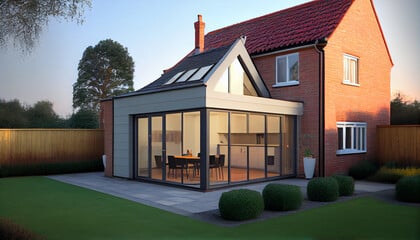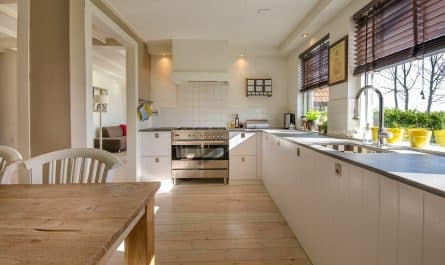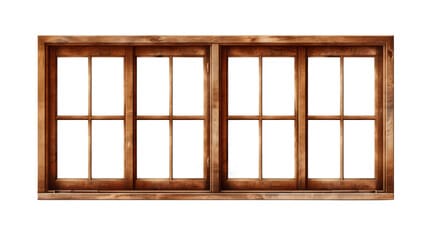Why choose an interior green wall?
A indoor green wall is a real aesthetic asset in a room while contributing to improving the quality of life of the occupants. This natural decorative option consists of installing plants on a section of wall, thus creating a healthy and soothing atmosphere. Here are some reasons why you could opt for a green wall:
- Improved air quality: Plants absorb pollutants from the air and release oxygen, thus promoting better breathing for people in space.
- Thermal and acoustic insulation: A green wall acts as a natural insulator allowing you to maintain a constant temperature inside and to reduce external noise.
- Well-being and relaxation: The presence of plants creates a calming and relaxing effect, improving morale and productivity thanks to the positive energy they release.
- Aesthetic enhancement: In addition to its ecological aspect, the green wall offers a unique and original design to interior spaces.
The different techniques for creating a green wall
There are various methods for setting up an interior green wall. The two main techniques are:
Hydroponic method
This soilless method involves growing plants directly in water or on an inert substrate such as perlite, sand, or clay balls. The water is then enriched with nutrients necessary for plant growth. In this system, plant roots are immersed in a nutrient solution with a regular supply of oxygen. This technique offers several advantages such as:
- Simplified maintenance thanks to the absence of soil which facilitates cleaning.
- Better nutrient absorption and faster plant growth.
- A possibility of installing plants requiring abundant watering.
Traditional method (earth)
In this technique, plants are simply grown in soil contained in hanging bins fixed to the wall. These bins can be made of plastic, metal or natural fibers. The main advantage of this method is that it uses a known substrate, thus allowing better adaptation of the plants. However, it has some disadvantages:
- More complex maintenance and a risk of dirt.
- A greater weight to take into account in the installation.
- Less good thermal insulation compared to the hydroponic method.
Maintaining an interior green wall: tips and advice
To preserve the beauty of the green wall and its functionality, it is essential to ensure good maintenance.
Watering and nutrient supply
Watering the green wall must be regular and adapted to the needs of the plants. In the case of a hydroponic green wall, plants already have a reserve of water and nutrients, it is then necessary to check their level regularly and add new nutrients if necessary. For a traditional green wall, an automatic watering system can be set up to prevent the substrate from drying out and optimize water supply.
Pruning and replacing plants
It is important to prune plants regularly to stimulate their growth and maintain the aesthetics of the green wall. Additionally, some plants may have a limited lifespan or show signs of weakness. In this case, it is recommended to replace them quickly in order to preserve the general appearance of the green wall.
Pest and disease control
The risk of disease and invasion of parasites is very real for an interior green wall. It is therefore essential to carry out regular monitoring of plant health and to act quickly in the event of a problem. The use of natural preparations such as black soap, essential oils or even ladybugs remains favored to treat this type of problem without harming the indoor environment.
Some plant ideas for a successful indoor green wall
The choice of plants is crucial for the success of an interior green wall. Here is a selection of plants suitable for this achievement:
- Ferns: They are very resistant and adapt perfectly to varied light conditions.
- Philodendron: Appreciated for its evergreen foliage, it requires little maintenance and can flourish easily in an indoor space.
- Pothos (Scindapsus): This trailing plant grows quickly and offers an interesting waterfall effect for a green wall.
- Liverworts (Hepatica nobilis): These perennial plants feature colorful flowers in different colors, providing an extra decorative touch to the wall.
In short, an interior green wall offers many advantages such as improving air quality, thermal and acoustic insulation, as well as a unique aesthetic appearance. Whether hydroponic or traditional, the choice of plants used and their appropriate maintenance guarantee its sustainability and visual appeal.







